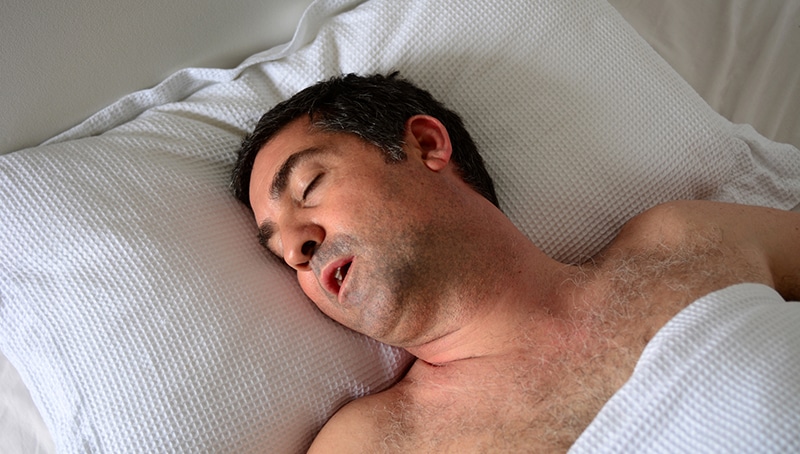New research from the University of Otago in New Zealand suggests that mouth breathing during sleep might put you at a higher risk for tooth decay. Of course, the study is preliminary, and it only suggests a potential connection, not any actual documented risk.
Acidity Increases with Mouth Breathing
To determine how mouth breathing impacts your oral health, researchers at the University of Otago recruited ten healthy volunteers and monitored their oral environment during the day and while sleeping. Volunteers alternated nights between regular sleeping and forced mouth breathing. Forced mouth breathing used a clip that went over the volunteers’ noses.
They found that the mouth was significantly more acrid during forced mouth breathing than during normal breathing through the nose. During the day, the oral pH was an average of 7.3, slightly basic. When sleeping with normal breathing, the pH was 7.0, completely neutral, compared to an average of 6.6, slightly acidic, during forced mouth breathing.
What was concerning was not the overall average of pH, but the tendency of pH to drop significantly during mouth breathing. Some volunteers experienced a pH as low as 3.6, an acid concentration almost 100 times as strong as necessary to erode tooth enamel (5.5), about comparable to drinking a sugar-free soda in the middle of the night.
Mouth breathing can also contribute to gum disease because a dry mouth encourages the growth of bacteria on the gums as well.
Snoring, Obstruction, and Oral Health
These results raise some serious concerns about how mouth breathing could impact your oral health. Our bodies function best with nose breathing, and we only breath through the mouth when obstructions force us to. During sleep, this is normally caused by airway anatomy that creates a constriction, usually at the back of the throat. To try to open the airway, we open our mouth for breathing.
Another effect of an obstructed airway is snoring. Restricted airflow creates turbulence in the airway, which causes vibrations in the throat. That is the sound we hear as snoring.
Fortunately, an oral appliance can help with snoring–and mouth breathing. By repositioning your jaw forward, an oral appliance will open up your airway and make it easier to breathe with your mouth closed. This keeps your mouth from drying out and acidifying–and it stops snoring.
To learn whether an oral appliance can stop your snoring and protect your teeth, too, please call (02) 9686 7375 for an appointment with a Sydney sleep dentist at My Hills Dentist.


